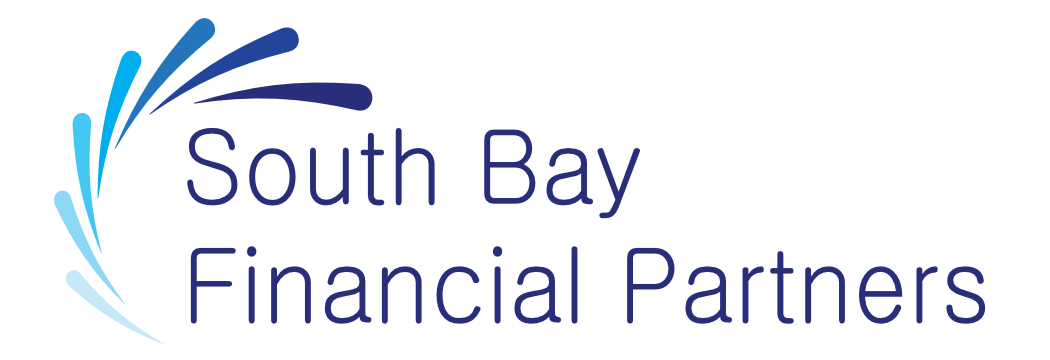
By Annie Millerbernd
Posted Apr 16, 2020 at 12:30 PM
Originally Posted in the Herald Tribune.
When you’re nearing the end of a long personal loan road, it’s tempting to wrap your payments up a few months early. Who doesn’t yearn to see that balance zero
When you’re nearing the end of a long personal loan road, it’s tempting to wrap your payments up a few months early. Who doesn’t yearn to see that balance zero out?
But before you dip into your savings or use your stimulus check to pay off your personal loan, it’s important to check that your other financial bases are covered.
Understanding your financial goals ” and where paying off that loan falls among them ” will make managing your loan easier.
Here are three do’s and two don’ts to keep in mind if you’re tempted to pay off your personal loan early.
Do prioritize your monthly expenses first
Your monthly expenses ” things like rent, utilities and groceries ” are what you need to live. But also consider debts like credit cards and student loans as essential payments that you can’t skip, says Kayse Kress, a certified financial planner at Physician Wealth Services.
‘Whoever you owe money to, those are just fixed payments,’ she says. ‘That’s just part of your living expenses that you have to pay.’
Auto loans and mortgages are often secured by your property, and you shouldn’t risk losing your car or home in service of making an extra payment toward an unsecured loan.
Kress says skipping a debt payment here and there can turn into a bad habit, so she generally recommends against it.
‘Even if the lender is allowing you to [skip a payment] and it’s not going to hurt your credit score, I just think that’s not the right mindset,’ Kress says.
Do have savings set aside
Prioritizing a safety net before extra personal loan payments can keep you financially secure if a surprise expense crops up, says Tara Tussing Unverzagt, a California-based certified financial planner.
Your savings are there to protect against worst-case scenarios, like losing your job, a medical emergency or home repair. One rule of thumb for emergency savings is to keep three to six months’ expenses on hand.
Unverzagt says taking a small amount out of savings to send a final personal loan payment a month or so early might work out fine. Just avoid taking so much or so often that you’re left vulnerable in an emergency, she says.
Do know if your loan comes with prepayment fees
Few lenders still charge a fee for paying off your loan early, called a prepayment fee. These fees ensure the lender makes money off your loan, even if you save on interest by repaying early.
If your loan does come with a prepayment fee, calculate whether the interest you’ll pay in the remaining months is higher than the fee, says Rockie Zeigler, a certified financial planner in Illinois.
If you have only a few payments left and are looking at a fee of thousands of dollars, you might be better off waiting it out and making your monthly payments, he says.
Don’t rob your retirement to pay off debt
If your retirement account’s rate of return is higher than your loan’s annual percentage rate, you might consider splitting the extra payment between the accounts.
Personal loans come with APRs between 6% and 36%, while the return on a Roth IRA, for example, depends on the investments you’ve put in it.
Kress recommends paying down your high-interest debt before splitting extra cash among investments and debt payments.
Still, ‘your loan is never going to send you money back,’ she says. So avoid skipping your monthly retirement contributions to make a few extra payments.
Consider an approach that serves both your immediate desire to be debt-free and your future self, who probably wants to retire.
Don’t overthink it
Having your monthly budget and safety net in place is a must, says Taylor Venanzi, Pennsylvania-based certified financial planner and owner of Activate Wealth. Beyond that, he cautions against letting the perfect be the enemy of the good.
Even if the money could go toward lowering your monthly payments on something like a credit card, that doesn’t mean it’s a bad choice to put it toward your loan if that’s what you really want.
‘There are really good decisions and then there’s the best decision,’ he says. ‘Sometimes you just have to weigh the mental benefits of getting one [debt] completely gone versus optimizing which interest rate to pay down.’






About The Author: Admin
More posts by admin